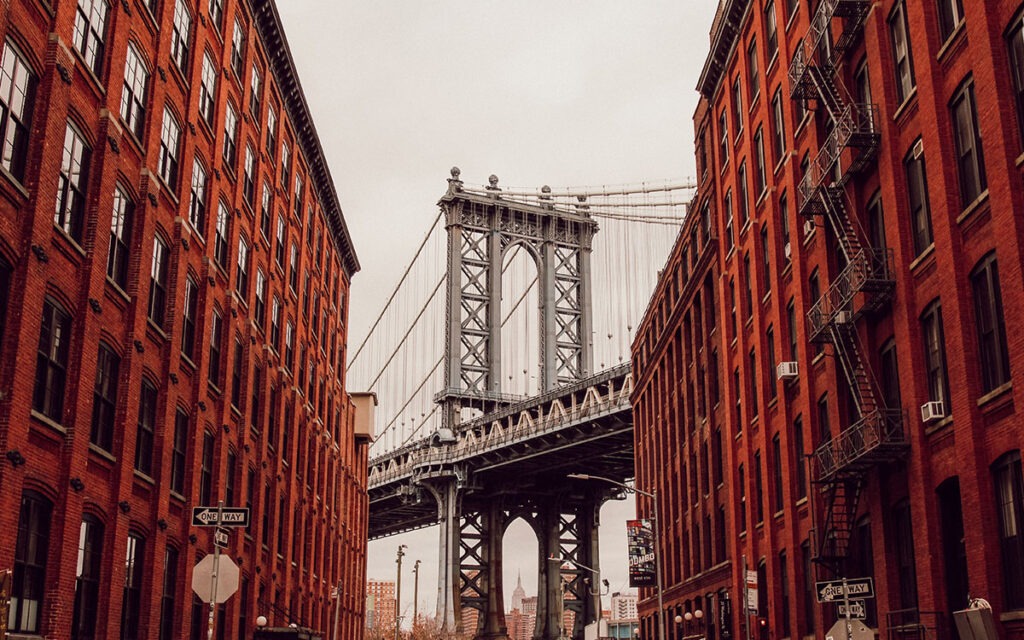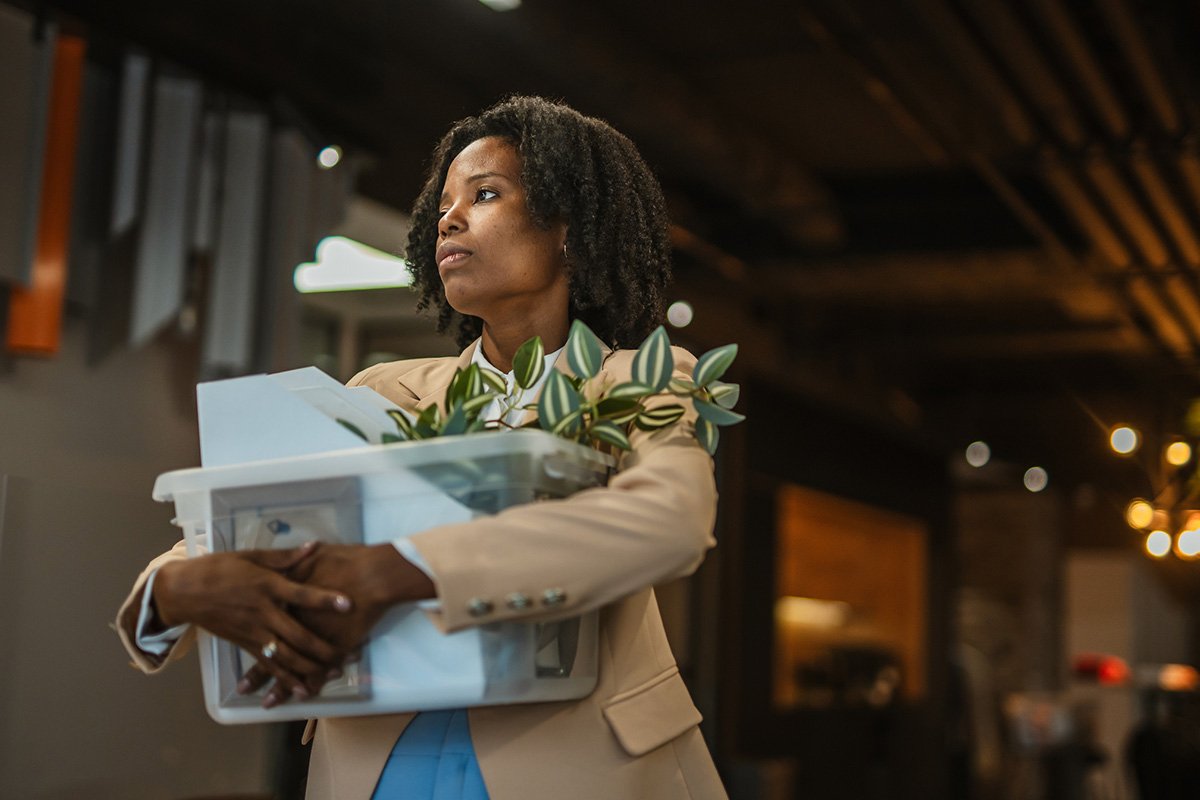
UPROSE is a community-based organization that is bringing the first community-owned solar project to New York City. The project, Sunset Park Solar, is a 685-kilowatt solar array that will be built on top of the waterfront Brooklyn Army Terminal. It is the result of years of organizing to ensure the sustainability and resiliency of Brooklyn’s Sunset Park neighborhood and is the start of growing community wealth.
How will Sunset Park Solar work?
For the past few months, UPROSE has been onboarding its solar partner, Working Power. The solar developer builds clean-energy projects that help communities acquire long-term wealth and energy assets through impact investing, technical support, and project financing. UPROSE and Working Power are developing a new model that allows both entities to co-own Sunset Park Solar and split the costs and gains down the middle.
This model will allow UPROSE to earn revenue that can be directed to a community fund to help vulnerable individuals and families in Sunset Park. In addition, the project, which should be operational by the end of the year, will provide at least a 15 percent electricity-bill discount to its subscribers.
Currently UPROSE and its partners are working to finalize agreements to build and invest in solar energy on the Brooklyn Army Terminal, explains Lovinia Reynolds, UPROSE’s energy democracy coordinator. “This type of community-owned solar will be the first of its kind in Brooklyn.” The project has been evolving as we learn and collaborate with our partners.
Over the next few months, UPROSE will engage in community outreach to enroll subscribers. Although Sunset Park residents and small businesses will be prioritized, any household or business with a Con Edison (New York City’s main energy provider) account will be eligible to subscribe.
As a subscriber, a household or business owns a small portion of the solar array. All the energy produced by the array will be sent to the Con Edison grid. Con Edison then ascribes the value of that energy, which is what gets discounted. That ascribed value will be at least 15 percent less than a standard Con Edison electricity bill. Essentially, a subscriber is paying to access energy produced by the solar array. The cost of that energy will always be lower than energy produced by Con Edison’s grid because it is localized and renewable.
“We continued to fight against the site and citing environmental burdens while also looking forward to how we bring renewable energy to the community.”
Sunset Park Solar is looking at two phases of financing. The first phase involved funding project construction—which Working Power is financing. The second phase involves ensuring the project’s long-term sustainability, which looks like attaining mission-aligned grants and loans that will help UPROSE secure sponsor equity, which brings in investors to contribute a portion of capital upfront so that the project has a jumpstart, earns more revenue over time and eventually becomes self-sufficient.
UPROSE originally stepped into the energy space around 2003, when there was a proposal to site Sunset Energy Fleet, a 520-megawatt power plant the size of three football fields, in Sunset Park. At the time, the New York Power Authority was also fast-tracking electric turbines in almost every community of color in the city, explains Elizabeth Yeampierre, executive director of UPROSE and co-chair of the Climate Justice Alliance. “Combined with that fact that we had peaker plants in our community [that] was a wake-up call.” (Nationwide, peaker power plants, which only run when there is high electricity demand, are disproportionately cited near lower-income communities and communities of color.)
Yeampierre vividly remembers that many young people in particular were concerned about the location of these power plants—many of which would have been built right across the street from where people live. UPROSE was working on transportation justice and fighting for more green space in the community, but in light of the potential burden of additional environmental injustices, it shifted its focus. “We continued to fight against the site and citing environmental burdens while also looking forward to how we bring renewable energy to the community.” says Yeampierre.
Wind energy comes to New York City
New York State is continuing to meet its renewable energy targets by issuing offshore wind energy and contracts to developers. Currently, there are five active wind development projects in the state. One of these projects, which is in Sunset Park’s South Brooklyn Marine Terminal, prompted UPROSE to step into the wind-energy space to ensure that principles of racial justice and equity are implemented by wind developers and associated corporations that have a history of extracting from communities like Sunset Park.
Indeed, UPROSE is thinking about the growth of renewable energy in Sunset Park from beginning to end. That means considering the supply chain, materials used, waste disposal, and the growing industry’s hiring practices. As the country’s transition unfolds, UPROSE wants historically marginalized communities and immigrants hired at every level, compensated well, and given decision-making powers.
Along with Rogue Climate, Taproot Earth, and the Climate Justice Alliance, UPROSE recently published “Principles for a Just Transition in Offshore Wind Energy,” which offers a framework that wind developers can use to support and prioritize climate-justice organizations as key partners and decision-makers in a Just Transition.
Sign up for our free newsletters
Subscribe to NPQ's newsletters to have our top stories delivered directly to your inbox.
By signing up, you agree to our privacy policy and terms of use, and to receive messages from NPQ and our partners.
The framework’s principles include using energy development to enhance economic justice and human rights. That means using renewable energy to redress ecological damage caused by fossil fuels and investing in workforce development of and economic opportunity for historically marginalized communities. Other key principles include prioritizing the need for zero-waste supply chains and life cycles, circular-economy principles, and ecological mindfulness.
In addition, the framework emphasizes the importance of self-determination in the consultation process and the need for communities to be informed about and included in all stages of the process, such as permitting, leasing, and requests for proposals. These principles prioritize frontline communities at the decision-making table and consider how energy generation has impacted health.
The South Brooklyn wind site will connect much of downstate New York, which includes Long Island, Queens, and Brooklyn, where renewable energy resources are lacking. Developers also have proposals on the table to potentially retire some fossil-fuel plants and repurpose their infrastructure—one of many things UPROSE is fighting for citywide.
“Whatever we learn or whatever mistakes we make need to be properly captured so that similarly situated communities in different parts of the country can benefit from our learning,” says Yeampierre. This is an industry that UPROSE and Sunset Park neighborhood have never dealt with before, Yeampierre points out. “It has the danger of becoming just another green industry that provides jobs but doesn’t create community wealth and doesn’t address environmental justice challenges.”
“It’s important for people to recognize that this is an industry that has been meeting with each other and planning for over 10 years without us [climate justice organizations and BIPOC] at the table,” says Yeampierre.
One important consideration Yeampierre points out is language—we must be careful when referring to different communities. For too long, immigrant, Black and Brown, and low-income communities have been lumped together despite having distinct experiences. Yeampierre makes clear, however, that not every immigrant is a person of color; and that not every person of color is low-income. “The language for us has also been tremendously important as it carries the priorities of the [various] communities that are impacted,” says Yeampierre.
Wind-energy developers are responding to the work of UPROSE and its partner organizations and have been tapping them to learn more about how they can center justice in their projects, a stark contrast with past practices. “It’s important for people to recognize that this is an industry that has been meeting with each other and planning for over 10 years without us [climate justice organizations and BIPOC] at the table,” says Yeampierre.
She continues,“We’re in a moment where we’ve got agencies listening and shaping how they’re moving forward and reporting back to us and asking, how does this work for you?” This is a noticeable shift in how the government and the energy industry has historically interacted with communities. State agencies are finally taking direction on how to engage with communities and making it possible for community-based organizations like UPROSE to share input.
“Now we’ve got elected officials that are thinking outside of the box about the connection between our ability to survive and climate change,” says Yeampierre.
It also helps that UPROSE has skin in the game and has won difficult battles over the years. The organization’s track record has also helped them develop a system of co-governance with lawmakers, giving them a seat at the table and enabling them to impact legislation.
UPROSE was directly involved in the shaping and passage of the Climate Mobilization Act, also known as New York City’s Green New Deal, and the Climate Leadership and Community Protection Act. “Now we’ve got elected officials that are thinking outside of the box about the connection between our ability to survive and climate change,” says Yeampierre.











